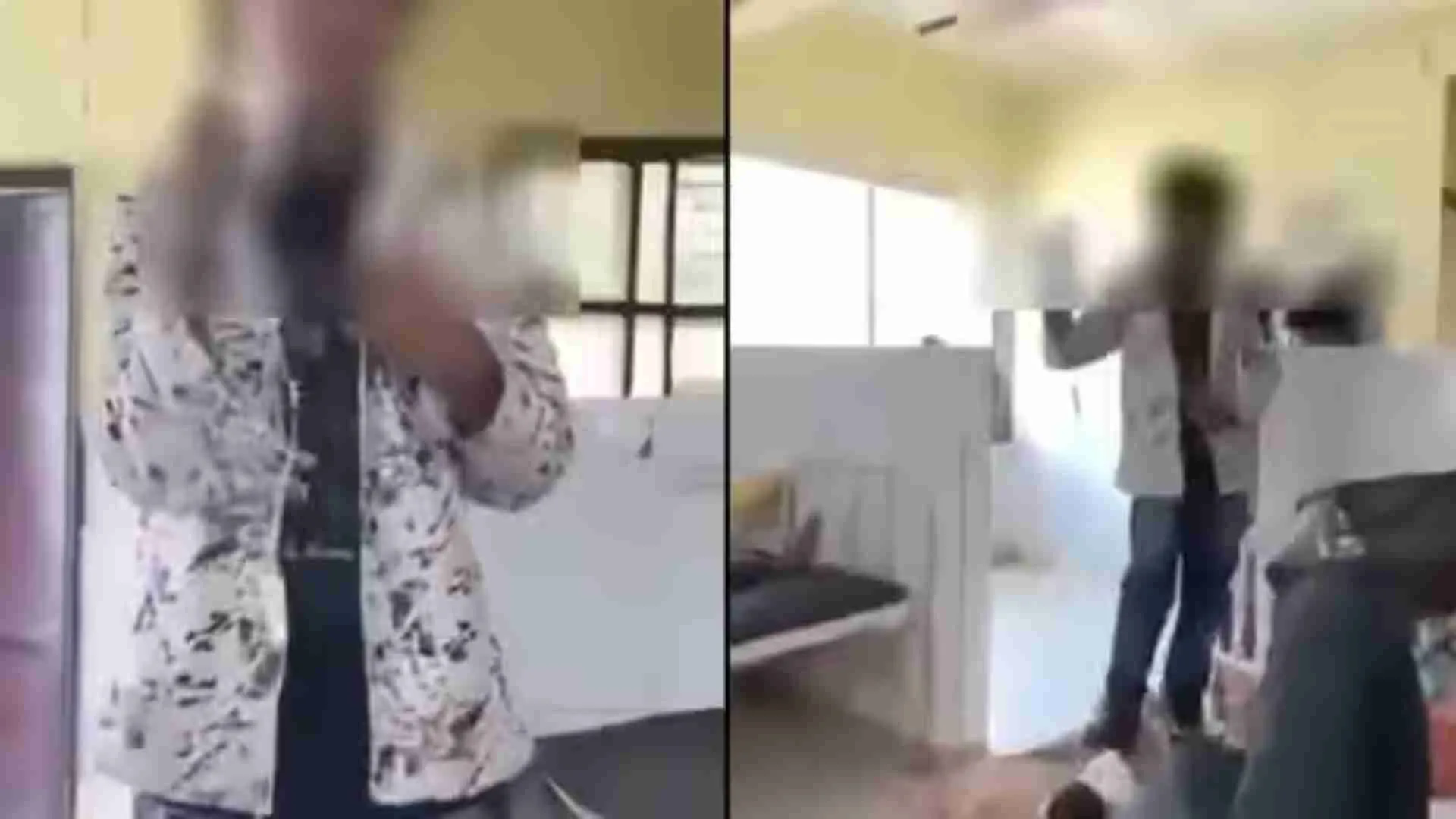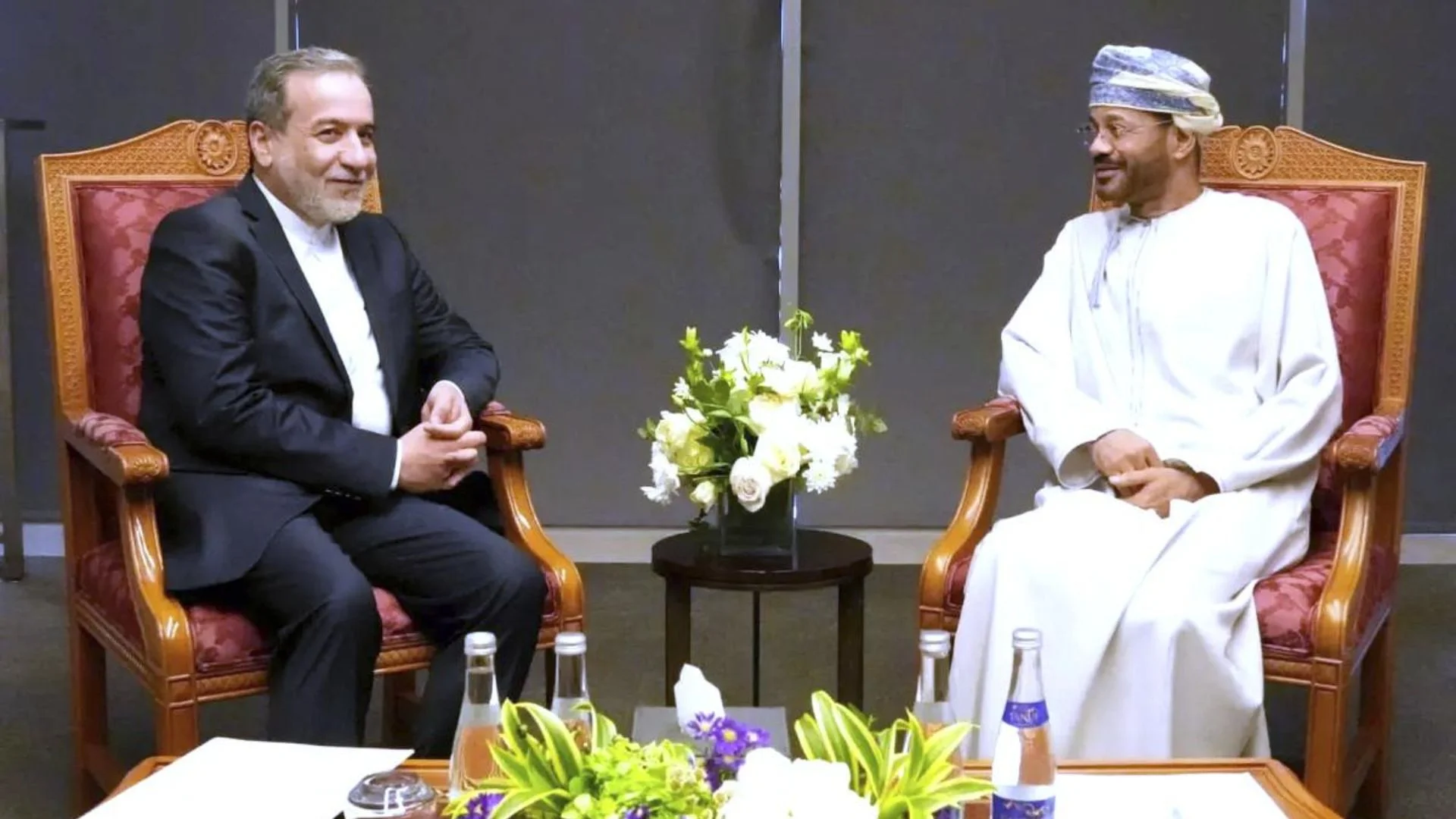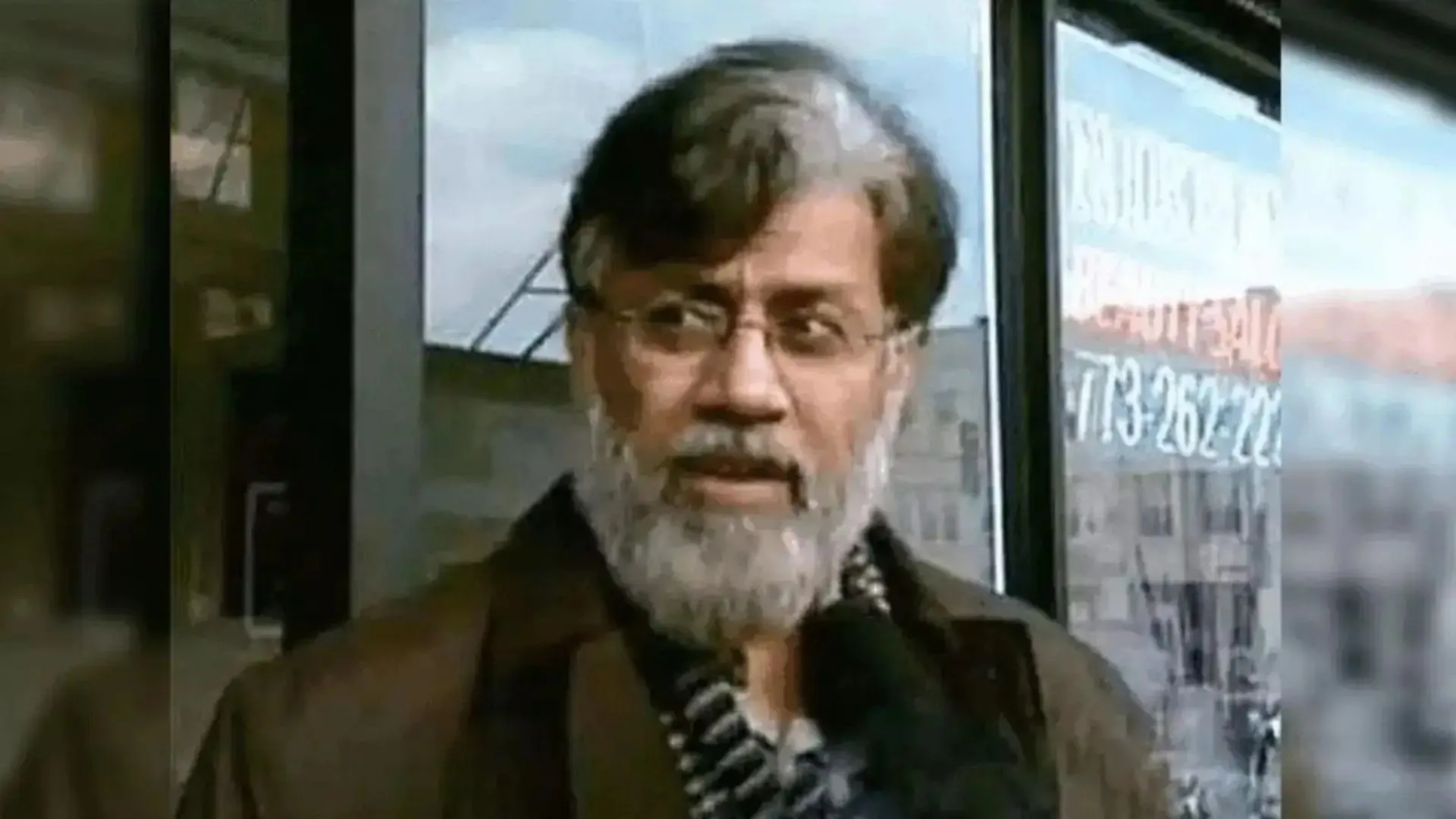The Jammu And Kashmir High Court in the case Ayaz Ahmad Vs UT of J&K observed and has ruled that the order of Special Court’s wherein the charges are framed or altered or refused to altered the charge under the National Investigating Agency Act is an interlocutory order and the same is not appealable under Section 21 of the Act.
The bench comprising of Justice Sanjeev Kumar and Justice Puneet Gupta in the case observed while hearing an appeal challenging the charges are framed or altered or refused to altered the charge under the National Investigating Agency Act, 2008
However, it has been contended in the plea that the UT government raised a preliminary objection on the maintainability of the appeal. Therefore, it has been argued by them that the order of framing charge or refusing to alter the charge is interlocutory in nature and, therefore, the same us not appealable under Section 21 of the Act. The bench in the case noted that Section 21 begins with a non-obstante clause, which means that any provisions which is contained in Code of Criminal Procedure, 1973 that is not consistent with the provisions of Section 21 of the National Investigating Agency Act will give away and the provisions stated under Section 21 shall prevail and have an overriding effect.
Further, the bench observed that the Supreme Court in the case Sanjay Kumar Rai v. State of U.P, wherein the court held that the order framing a charge is an intermediate order falling between a final and interlocutory order, so far as the Code of Criminal Procedure, 1973 is concerned. Thus, the court stated that the term interlocutory order as used in Section 21 of the NIA Act cannot be given the same meaning as in Code of Criminal Procedure, 1973 as the Supreme Court in the case V.C. Shukla v. State observed and has held that the term must be interpreted in a more restrictive sense which being in the context of Special enactments in order to ensure the speedy disposal of case.
The bench further stated while elaborating on the mandate behind the enactment of National Investigating Agency Act, 2008 that the provisions of the NIA Act must be interpreted in such a way that it achieves the object of the legislature and eliminates all the possible means and the loopholes that may be exploited by an interested party for adopting dilatory tactics.
The bench in the case observed and has held that the order framing charge or an order altering or refusing to alter the charge passed by the Special Court under the National Investigating Agency Act is an interlocutory order not appealable under Section 21 of the NIA Act.
Accordingly, the court dismissed the appeal.

















